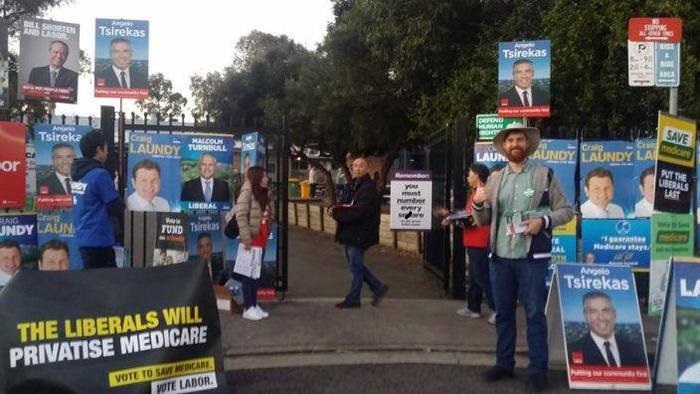
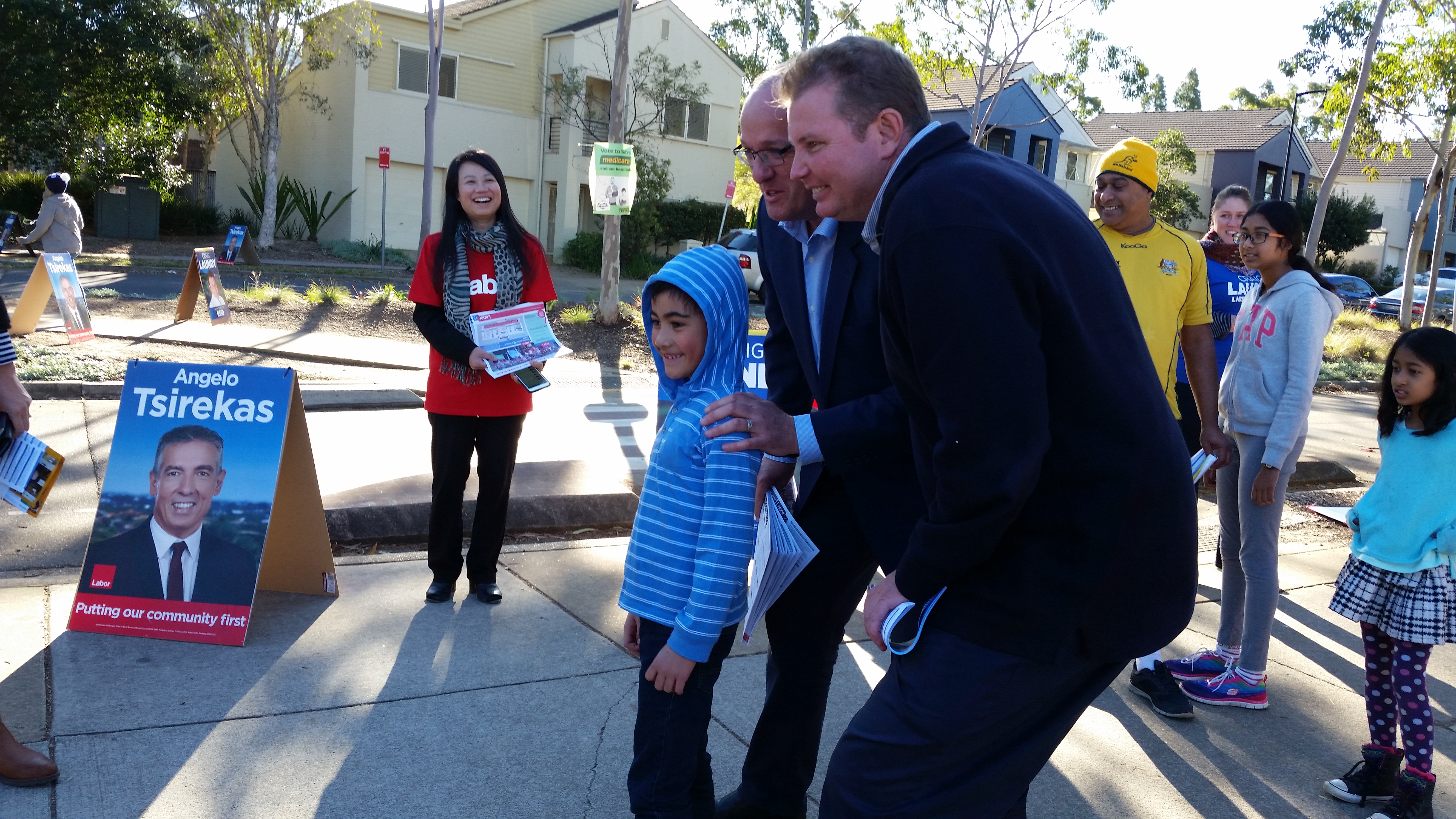
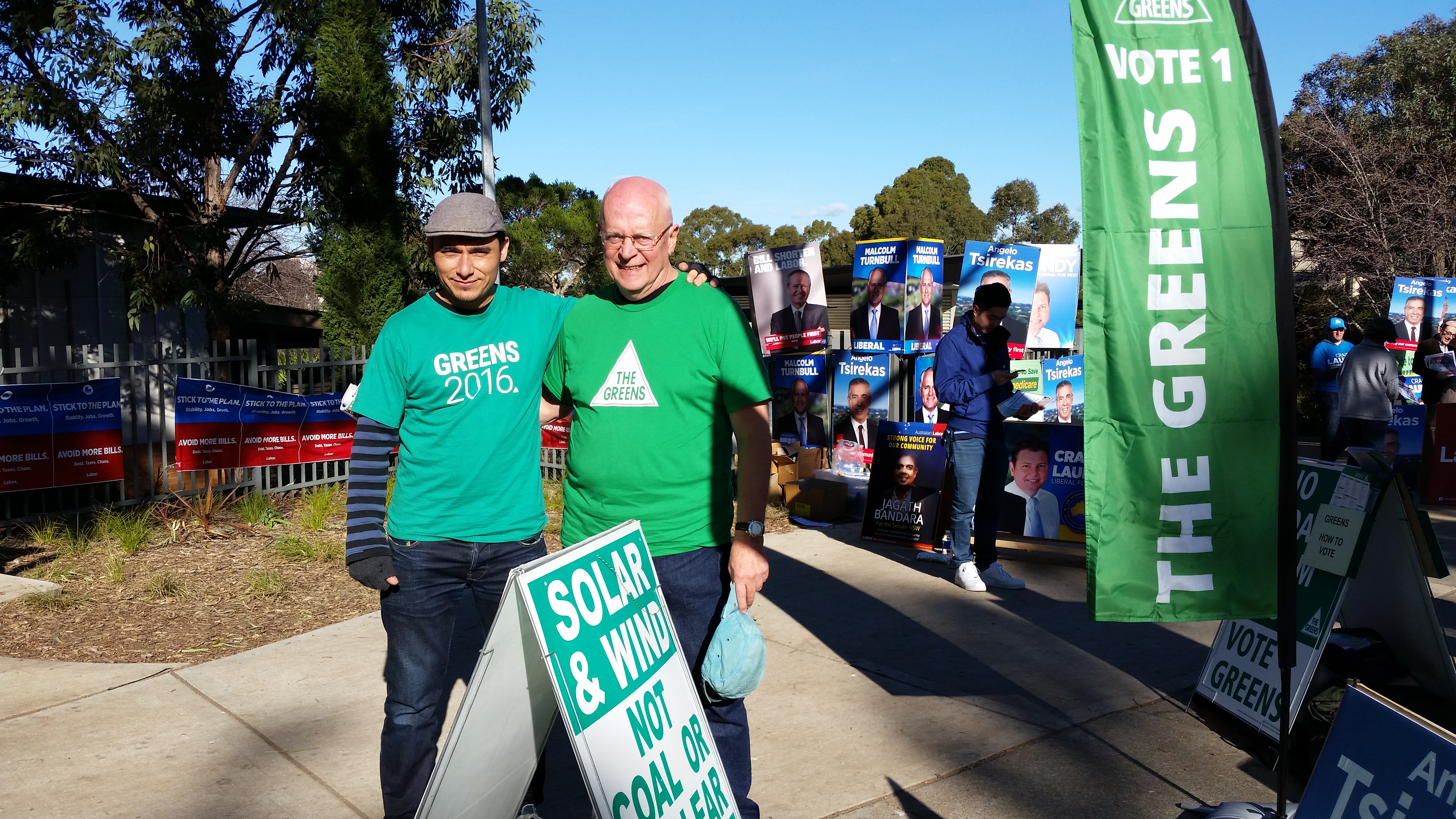
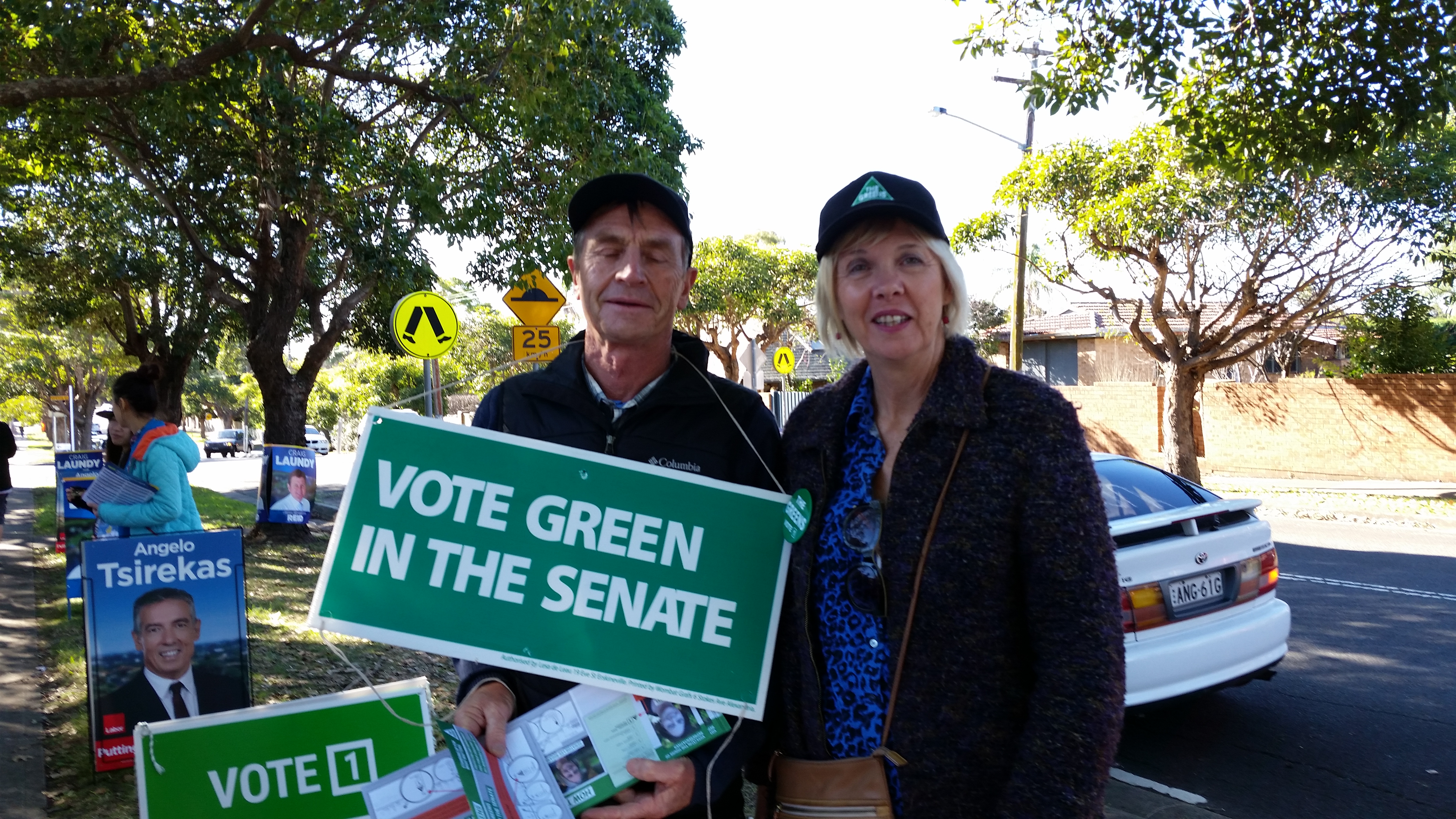
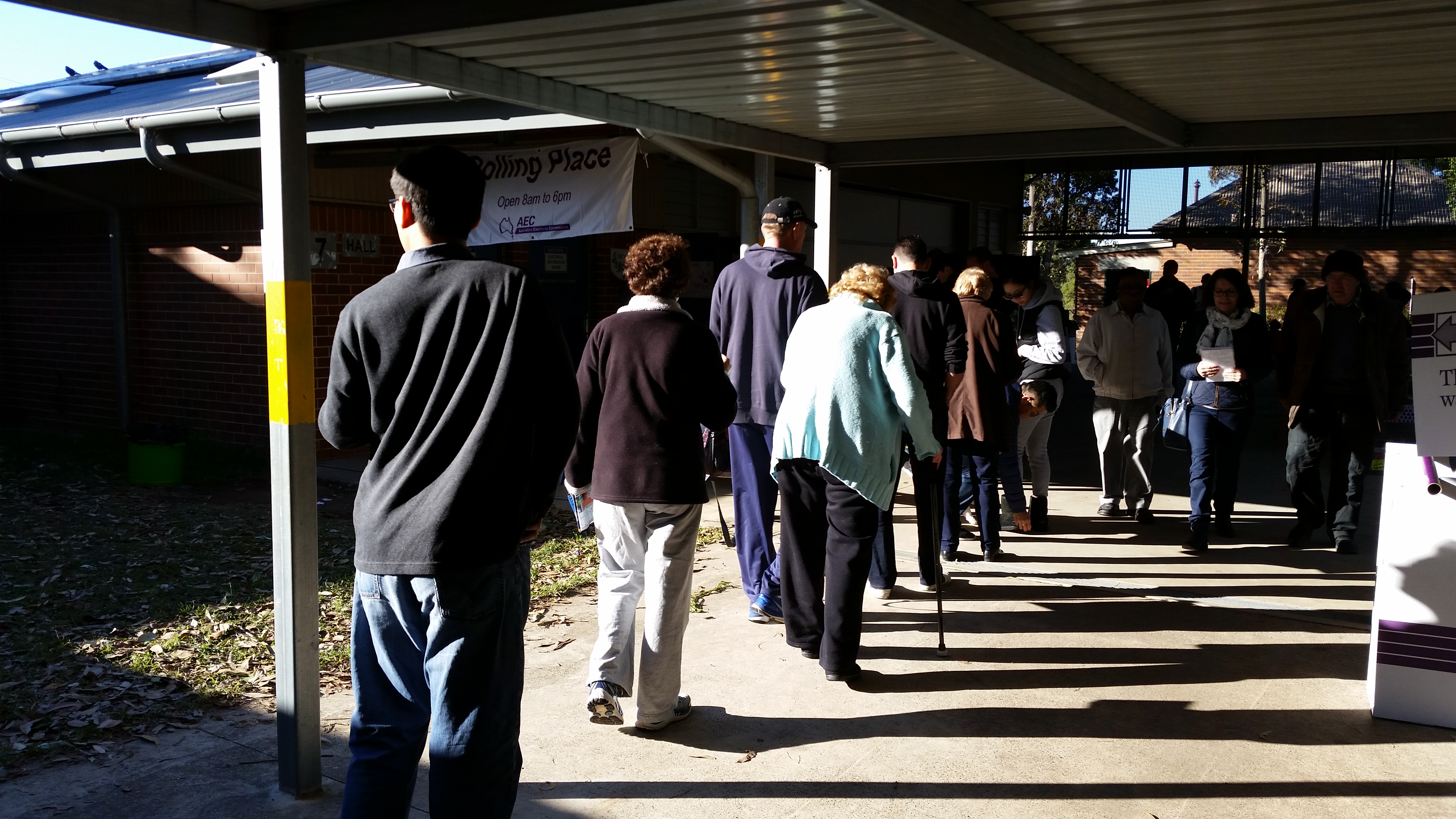
As of 15 July 2016
Eight days after the big day, Bill Shorten conceded defeat and Malcolm Turnbull was confirmed as continuing in his role as Prime Minister, having reached the necessary 76 seat majority to form government, and with support from three independents to govern.
This election has been remarkable in a number of aspects: it was the first double dissolution of Parliament since 1987 and it was one of the longest election campaigns on record, officially running for nearly 8 weeks after its announcement on 9 May 2016. This election has also seen cliff-hanging results in at least 5 seats which has meant that even after 10 days, the final seat count of the election is not yet final and relies on the counting of absentee and postal votes.
It did not bring Mr Turnbull the glorious victory that he might have hoped and the issue that triggered the DD, the establishment of the Australian Building & Construction Commission, barely got a mention by either of the big parties in the campaign.
Although nationally there was a swing towards the Greens of 1.3% with a first preference vote of 9.98%, we did not clinch our most likely inner-city seats such as Grayndler in Sydney and Batman in Melbourne.
Greens candidate Alex Bhathal in Batman received a 9.6% swing but was outbid at the last moment by Labor. In Grayndler, Labor candidate Antony Albanese preferenced the Liberals ahead of Greens candidate Jim Casey, despite his false claims that the Greens would preference the Liberals, apparently calculated to destabilise voter confidence in the Greens.
In Reid, sitting member Craig Laundy recorded a 0.9% loss in primary votes but retained a comfortable 4.7% majority including preferences, while Labor candidate, Angelo Tsirekas, the former Canada Bay Council mayor, also recorded a slight swing against him. Greens candidate, Alice Mantel increased the Greens first preference vote to 7.9% and recorded a 0.9% increase. The Christian Democrat Party and Family First recorded 6.2% of the overall vote, representing a 4.8% increase in the religious vote.
The full outcome of Senate voting is not yet known but Lee Rhiannon has been returned as Greens Senator for NSW and the Greens have certainly lost one of two senators in South Australia, with other Greens senators still at risk in Western Australia and Tasmania. It can also be expected that the representation of smaller parties such as the Xenophon party and Pauline Hanson’s party can expect to increase their share of seats and cause on-going disruption to an over-confident Coalition government.
Greens leader Richard di Natale commented in his National Press Club speech that “there have been some policy differences at the margins but overall there’s been a lack of courage, imagination and vision” in the election campaign. In that speech, Richard outlined key Greens policies and emphasised that we are in politics for the long haul. He concluded his speech saying,
Elections are about making choices. The choices we make reflect our values and aspirations. For those who choose for their precious places to be protected, for a smart economy based on education and innovation, for women to be safe to thrive and succeed in their chosen careers, for younger people to get a fair go in the housing market, for children and future generations, for a just settlement with Aboriginal and Torres Strait Islander peoples, for poverty alleviated not entrenched in our society, for equal access to first class education, health and social services, and for a vibrant, prosperous and creative Australia — your choice is the Greens.
Thank you to all the members and supporters who contributed their time and energy to our campaign – we could not do it without you.
Alice Mantel
